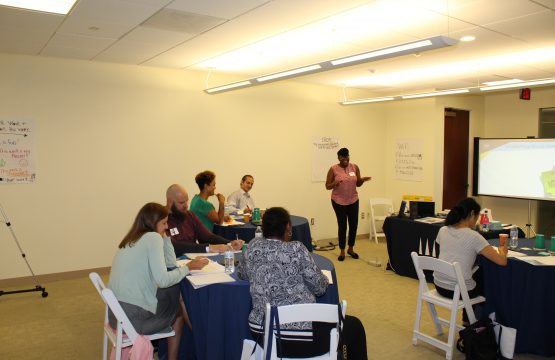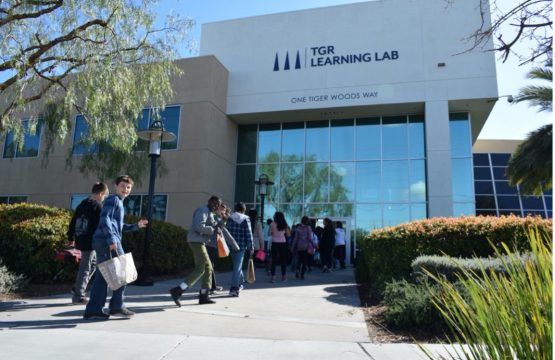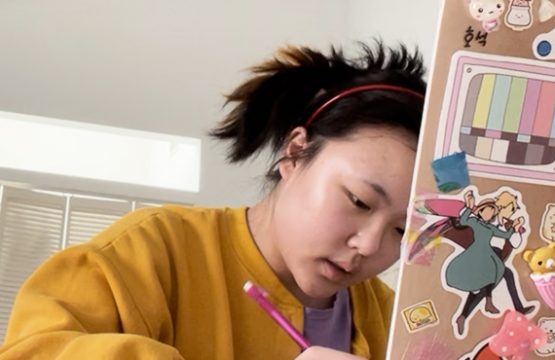Scholar Voices: How my research will resolve issues, support African American Community
Growing up as a low-income minority student attending an impoverished high school, it was easy to see the separations between a good education and an amazing education. I wanted an amazing education; I wanted what I couldn’t have at the time, but I knew it could be mine if I worked hard enough.
I was selected to attend the University of Rochester on a full-ride scholarship through the Posse Scholar Program and support from the Earl Woods Scholar Program. Attending UR was the best decision I made, financially and personally, because of the opportunities I have gained within my research interests and things I want to accomplish on the path to earning a Ph.D.
Upon my arrival at the University of Rochester, I was shocked to find only a handful of people that looked like me and even less for faculty and professors. I always knew that I wanted to pursue higher education for myself and my family, but I never knew I would want to teach on a collegiate level until attending UR and feeling disconnected from faculty and students.
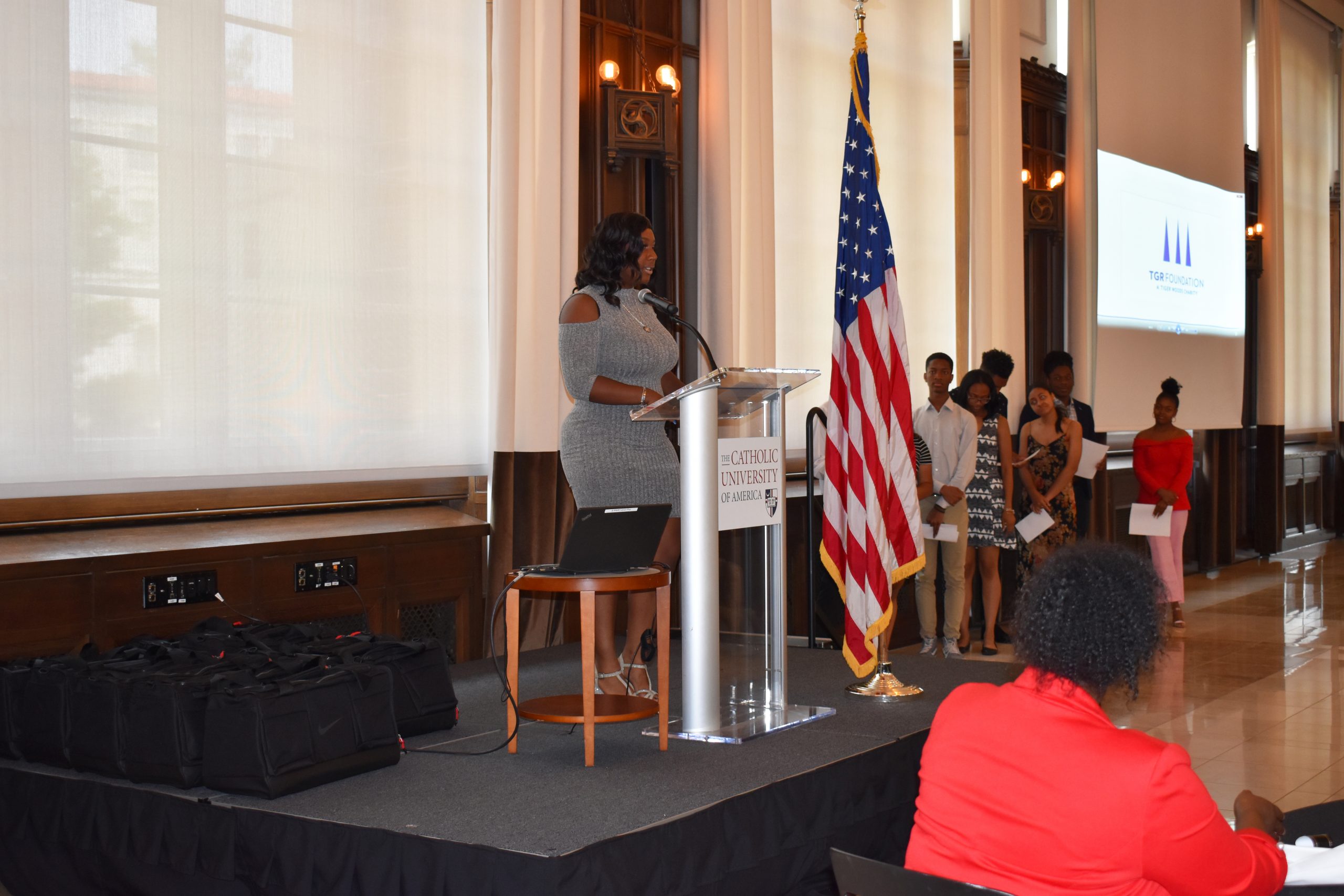
I learned about the Ronald E. McNair Program through the David T. Kearns Center for Leadership and Diversity on campus. This center offers a lot of opportunities for students like me, so it is easy to take advantage of them with the help of faculty members who work there.
Since a young age, I have always put myself into a position where I could achieve every opportunity and have never not been accepted by those opportunities. That was until my sophomore year when I received my first rejection letter from the McNair committee. It was heartbreaking dealing with the rejection, but I was given a second chance to reapply, and I took it.
I put myself in a position where I couldn’t be denied a second time. Being accepted into the McNair program means infinite possibilities. Not only is there a huge financial burden taken off my shoulders but the resources being offered including mentorship, research support, GRE preparation and graduate school application guidance are truly remarkable and all things I never imagined I would have a lot of help with beyond undergraduate studies. To have that now, I can never truly express what that means to me to not feel as though I am alone in this process.
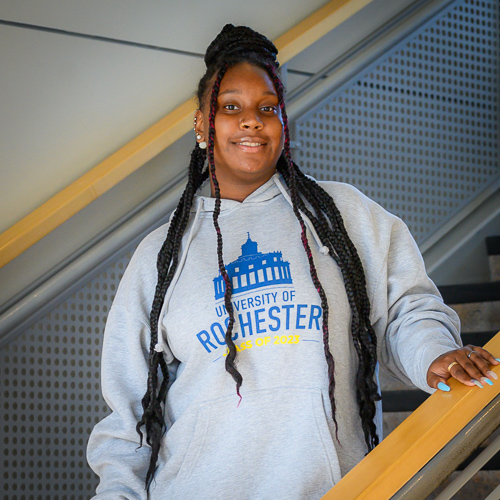
I am currently a junior double majoring in Psychology and African American Studies, and I am very interested in the intersectionality of Developmental Psychology, specifically, African American development. This summer as a McNair scholar I will be able to go more in-depth for my project and begin to design coding schemes, collect data and draft proposals and literature in preparation for my senior year.
Being born into a community that is systematically oppressed by various things such as poverty, gentrification, health care systems, education systems, public policies and gender biases among other things creates various obstacles that have to be overcome starting at a young age.
As a researcher and future Ph.D. candidate who has personal experiences with these detrimental circumstances, I intend to research these problems and effects to bring awareness and promote solutions for change. With my research, I also hope to resolve issues surrounding stereotypes based on race, social class and gender and how children’s development is affected by familial relationships and real-world experiences.
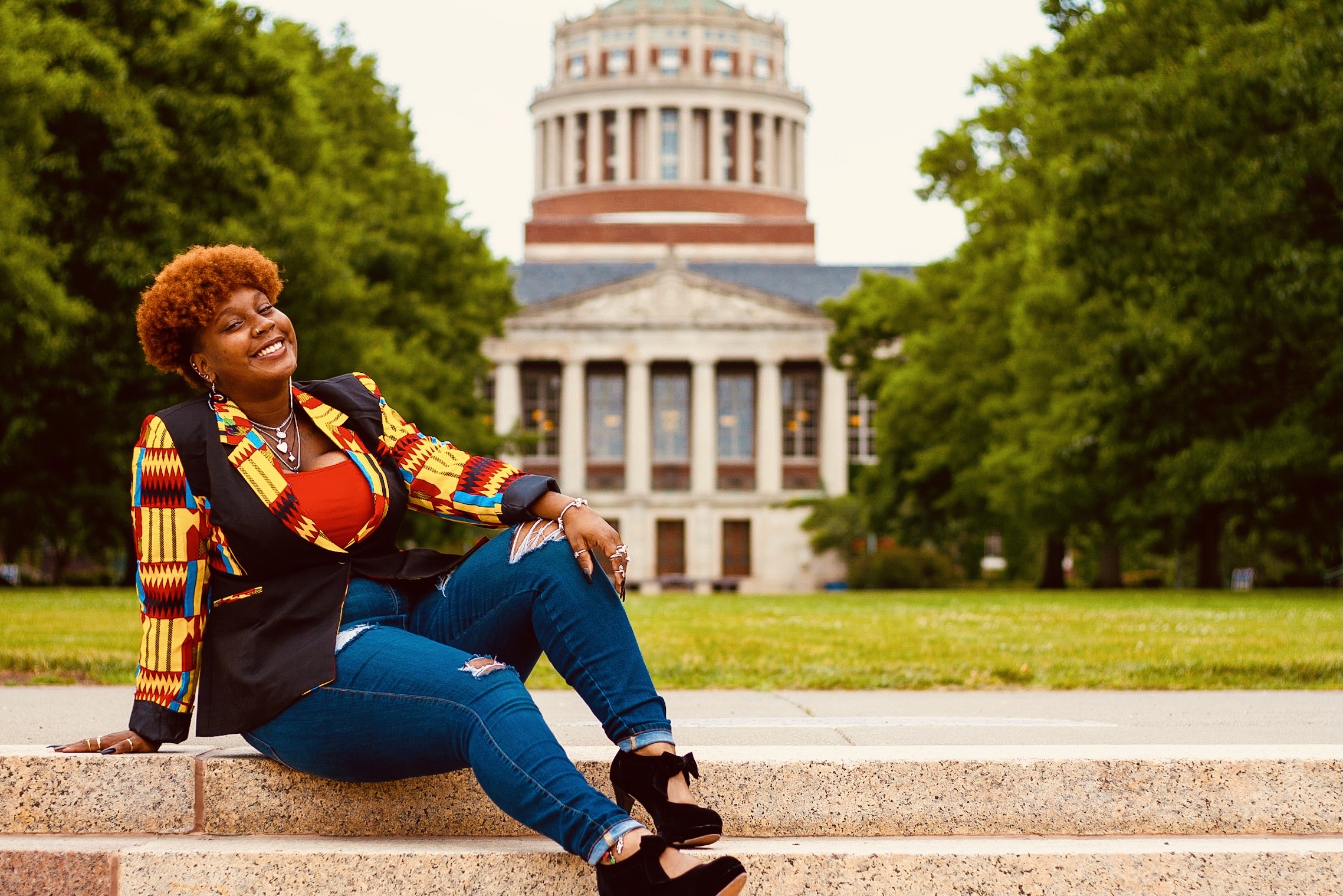
Because my research will be focused on African American development and intersectionality, it will be research that has mostly never been done or neglected. This will drive change by forcing others to face the realities of stereotypes, systemic oppression and other factors which impact the development of children. It is also important to see the research being done by someone who personally experiences these things and is willing to bring attention to their detrimental effects.
I will not only be graduating with honors in psychology but have the potential of being published by graduation. This is an exciting time in my life, and I am overjoyed to be achieving these things under a program designed in honor of an African American man who did the impossible for our community, who opened doors for our community, who fought for our community.
In the future, I want to achieve my doctorate in Developmental Psychology and be able to conduct funded research as well as teach at the collegiate level. One day I hope to open my own private practice that can be used for various programs including research and clinical therapy to benefit the community where I come from and communities like mine.
